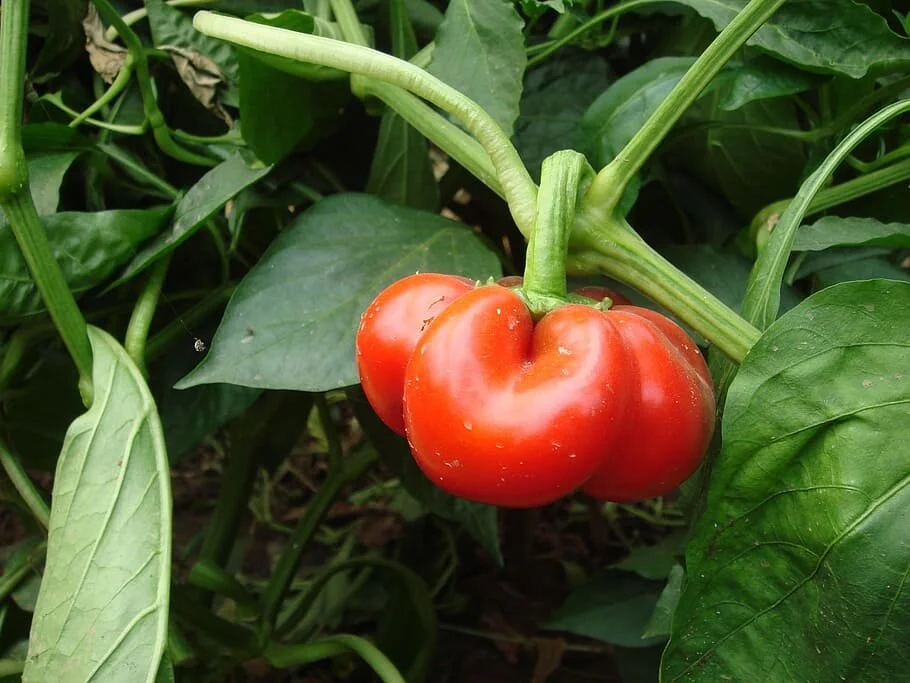
Why Hydroponics
A Growing Trend
Hydroponics is a growing trend in agriculture. As the cost effectiveness of artificial lighting is increasing (due to advances in LED light efficiency) it is becoming increasingly economical to grow common fruit and vegetables with hydroponics. Plants are being grown in greenhouses and increasingly urban settings e.g. warehouses or food halls. The advantage being that growing crops in proximity to the consumer minimises the carbon footprint of the produce and minimises the time from picking to the plate which preserves the flavour of the food.
For the home gardener
Hydroponics also offers a raft of benefits to the home gardener. As well as being a fascinating way to grow plants it can offer:
Faster growing plants - because all the necessary nutrients are made available to the plants roots
Reduced water usage - hydroponics can use far less water and hence is great in times of water shortages
No need to have a garden - plants can be grown in small spaces with no need for good soil. You can grow indoors, outside on walls etc.
No need for weed control - only the plants you place in your hydroponics system will grow there. It is possible to keep out any other plants and so no need to weed
Hydroponics will typically provide higher plant yields than those grown in soil
Hydroponics is well suited to growing under artificial lights indoors and therefore making it possible to grow all year round
When growing indoors, there will be minimal need to turn to pesticides
Compared to growing plants in the ground, there is less heavy manual work involved. No need to dig over the garden and fork in manure.
No waste of fertiliser. After all you are just feeding the plants that you are growing. Furthermore, there’s no possibility of the fertiliser leaching into streams and rivers. In hydroponics, the nutrients can be disposed of safely so as to protect the environment
It is easier to arrange your Hydroponic system to grow plants off the ground at waist height saving having to bend down. When growing in soil it is possible to use raised beds but this can be costly and not easily reconfigured.
For Schools
Hydroponics offers a great way to provide an engaging learning experience. Many different subjects can be learnt through growing with Hydroponics including but not limited to:
Biology / Horticulture - Hydroponics offers a wealth of opportunities for learning about plants and conducting experiments to understand biological processes
Chemistry - Understanding elements, compounds, ions, atomic masses etc. which can all be explored when examining nutrient formulations and mixing
Mathematics - Calculating percentages for concentrations, growth rates, efficiencies, trends etc.
Physics - Exploring light and electricity. Photons, wavelengths etc. can all be explored when learning about growing plants under artificial lights
Geography - learning where our food is produced and how it affects the environment and populations
Technology - Designing and building different growing systems, examining structures and pump specifications etc. Rasberry pi projects to control the systems and monitor the plants etc.
Really the breadth of topics which can be examined through growing plants with Hydroponics in the classroom is nearly limitless. An additional advantage is the length of time plants need when growing. It is entirely possible to grow plants from seed to harvest within a single term with new growth seen every day which will help to keep the children engaged. Different lessons can be planned around different stages of growth with learning material tailored to different age groups. Why not explore our range of lesson plans or get in touch.


